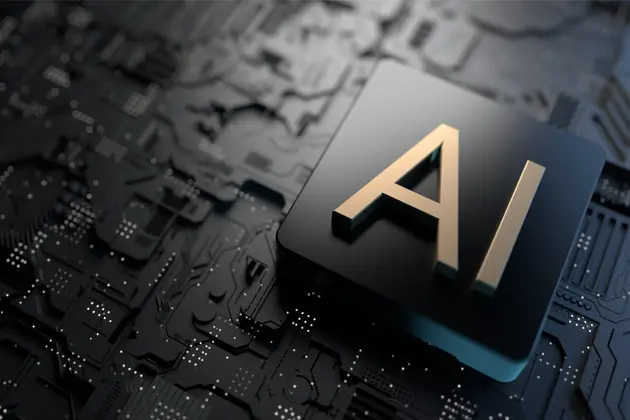Artificial Intelligence (AI) has evolved from a futuristic concept into a transformative force across various industries. As businesses continue to embrace this technology, they are discovering how AI can revolutionise operations, improve efficiency, and drive innovation. From healthcare to retail, AI applies to different situations. This article explores some of the major industries where AI is making a profound impact, highlighting how this technology is reshaping business landscapes.
One of the most notable industries leveraging AI is healthcare. AI-driven tools enhance the accuracy of medical diagnoses, predict patient outcomes, and assist with personalised treatment plans. Machine learning algorithms can process massive amounts of data from medical records, imaging systems, and other sources, identifying patterns that human doctors may overlook. This not only accelerates the diagnostic process but also reduces the margin of error, leading to improved patient care. Additionally, AI in healthcare plays a pivotal role in drug discovery by analysing vast chemical data sets, significantly shortening the timeline for new treatments to reach the market.
The finance sector is also reaping significant benefits from AI. Fraud detection, risk management, and automated trading systems are some of the key areas where AI is applied. Algorithms analyse real-time transaction patterns, flagging any suspicious activity that could indicate fraud. Furthermore, AI-driven systems can predict market trends, allowing financial institutions to make more informed investment decisions. This is indeed the case when looking at businesses that do take huge volumes of transactions and they have to be processed efficiently and safely in relatively short periods of time.
This can be from platforms offering concert tickets to well known casino sites, where security and speed are paramount. AI ensures that these transactions are both safe and seamless, thereby increasing customer satisfaction and trust. Online casino operators are especially concerned about this aspect of their business, as the industry is extremely competitive with all players recognising brand reputation is vital, along with that all precautions are taken to ensure every transaction is secure.
Retail is another industry experiencing an AI-driven transformation. AI-powered recommendation engines have become commonplace, offering personalised shopping experiences by analysing customer preferences and browsing history. This level of customisation not only boosts customer engagement but also increases sales. Moreover, AI is streamlining inventory management by predicting demand trends, thus reducing the risk of overstocking or stockouts. Retailers are also using AI in customer service, employing chatbots to handle routine inquiries, leaving human agents free to tackle more complex issues.
In the automotive industry, AI is at the heart of the autonomous driving revolution. Self-driving vehicles rely on AI algorithms to interpret data from sensors and cameras, allowing them to navigate roads, avoid obstacles, and ensure passenger safety. Beyond autonomous driving, AI is used in vehicle manufacturing, improving the precision and speed of production processes. Predictive AI-powered maintenance ensures that vehicles and machinery are maintained before malfunctions occur, reducing downtime and repair costs.
Finally, manufacturing is another sector where AI is making substantial headway. AI enhances quality control by accurately identifying product defects more accurately than human inspectors. Additionally, AI-powered robotics are now a fixture on factory floors, performing repetitive tasks faster and more precisely than their human counterparts.
In conclusion, AI’s potential to optimise and innovate is being realised across major industries. As businesses continue to adopt AI solutions, they are not only improving operational efficiency but also gaining a competitive edge. From healthcare and finance to retail and manufacturing, AI is poised to further shape the future of industries, enabling them to operate smarter, faster, and more efficiently.










